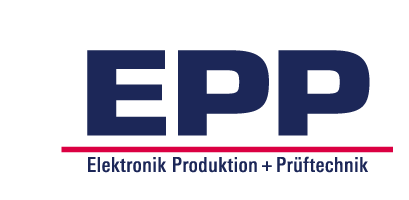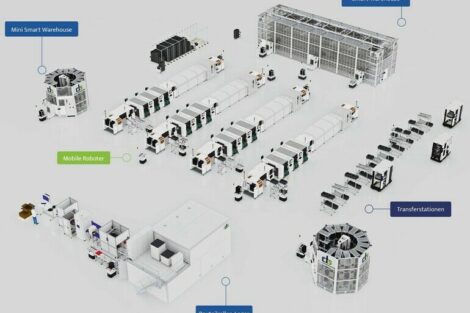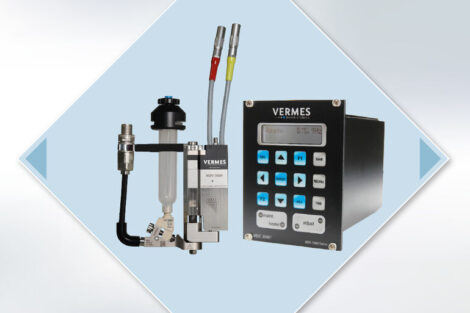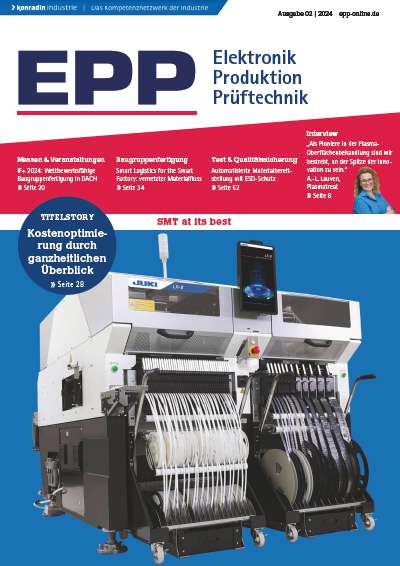Approximately 5m tons of lead are consumed globally each year. Nearly 4m. are used for batteries, another 0.5m used in ammunition and oxides (glass, pigments). The batteries are nearly 100% recycled. In electronics, about 25,000 tons are used as solders. This equates to 0.5% of the total consumption.
Lead-free soldering, although initiated in the U.S., has progressed rapidly in Japan and Europe. The JEIDA (Japanese Electronic Industry Development Association) and the JIEP (Japanese Institute of Electronics Packaging) outlined their lead-free roadmap, and companies have committed themselves to lead-free manufacturing (complete elimination of lead interconnects) by 2001, 2004 and 2004 respectively. This has accelerated the movement towards Pb-free assemblies in Europe and North America alike. The European Union has issued the WEEE draft (Waste from Electrical and Electronic Equipment) that calls for the elimination of Pb in electronic assemblies by the beginning of 2004.
The development of lead-free solders must take factors into account such as ease-of-manufacturing, availability and affordability, non-toxic, reliability and a wide process window. There are a number of lead-free alternatives possible. All are tin based with additions of Cu, Bi, In, or Zn respectively and perhaps a few other minor constituents. There is still no alternative for high temperature applications, although there is 80Au20Sn at +280°C.
Lead-free PCB finishes are available. Most that I have spoken to are not too concerned with this aspect. Some are already using such finishes as OSP, Ni/Au, or even a Sn/Cu HASL. When choosing lead-free materials, whether the alloy, the finish of board or component lead, consider wettability, intermetallic formation, material handling, and economical factors.
Component manufacturers have the greatest challenge relative to soldering materials and PCB finishes. The majority of lead finishes are a Sn/Pb alloy. However, there are a variety of possible lead-free surface finish alternatives for component leads including Sn, Pd/Ag, Ag, Ni/Au, Ni/Pd, but the performance aspects remain to be verified. When soldering array packages, a set of challenges arise when it comes to sphere alloy and performance. Todays Sn/Pb spheres exhibit self-alignment during reflow. Also, for soldering heavy components such as CCGAs or CBGAs, it is common to use a 90Pb10Sn column or sphere and then attach later using Sn62 or Sn63.
And there are other issues: thermal considerations regarding to components, polymer substrates, and solder resist for example as temperatures approach +250°C. Other concerns include the compatibility of materials and inspection of solder joints. There may be instances where a lead-free solder is used for rework on a PCB assembled with eutectic tin-lead. With the use of lead alternatives, metal oxide characteristics will vary in comparison to tin-lead systems. Solder paste and fluxes will need to be re-evaluated, and increased cost can be expected for material handling.
We will be hearing more from WEEE. In the meantime, the industry will arrive at Pb-free. Some are already there, at least in part. There is a great deal of research that remains to qualify lead-free alloys that will be used to build reliable products.
David Preische, European Operations Manager, Indium Corporation
Unsere Webinar-Empfehlung
Die 3D-Messung und Inspektion des Lotpastendrucks ist ein wichtiges Qualitätswerkzeug. Dieses funktioniert nur mit den richtigen Toleranzen und Eingriffsgrenzen.
Teilen:



.png)







